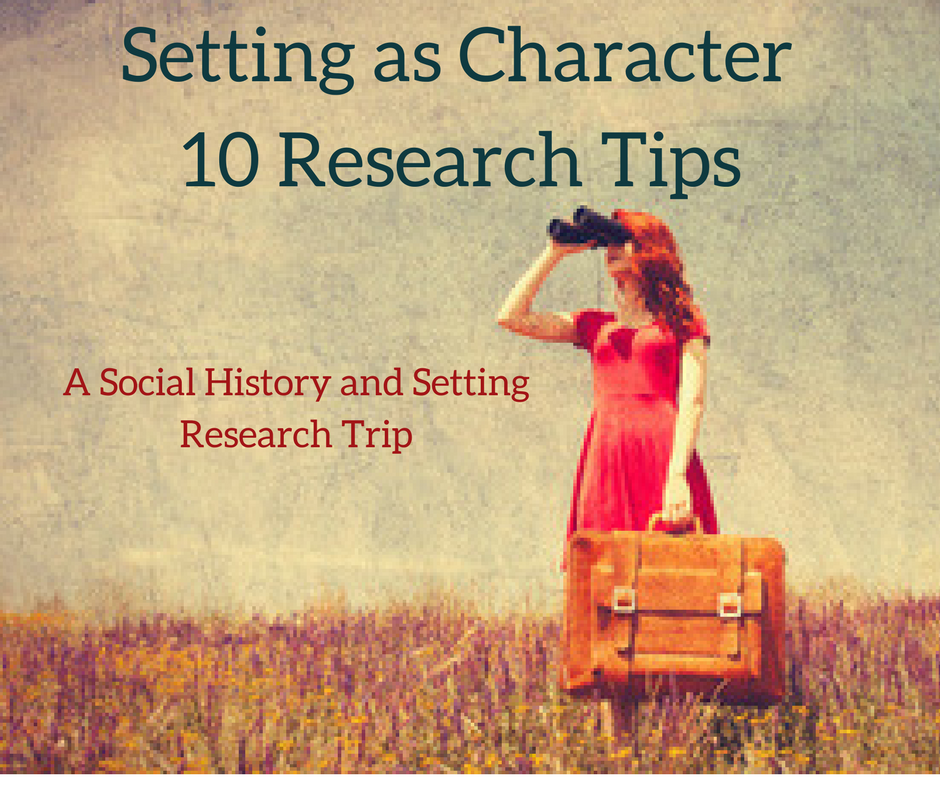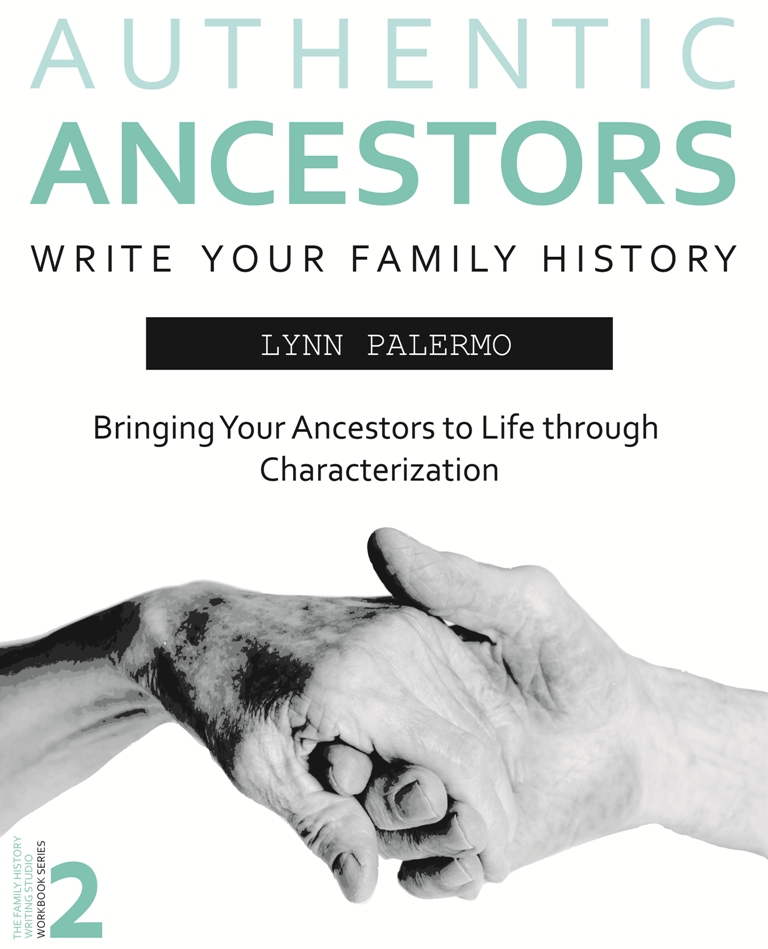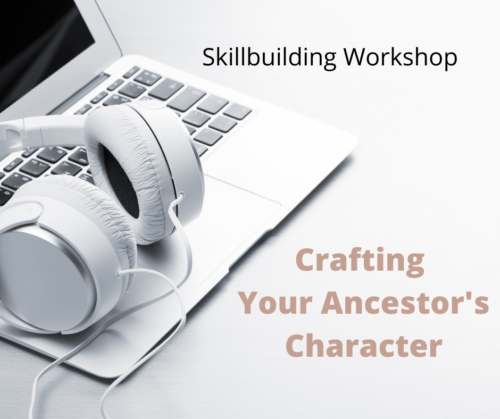How to Bring Your Ancestor’s Character to the Story
Related Post

Setting as Character – 10 Research TipsSetting as Character – 10 Research Tips
When beginning any family history story, we look carefully at our ancestors as we attempt to understand and describe them for our reader. We develop an ancestor profile of them drawing details out of our research so that we can bring the most authentic ancestor to the page for our readers.
The same can be said for the setting of our family history story. The setting can be a character in our story. If we treat the setting like a character, we are more likely to bring that setting to life for your reader in a big way, in a way that adds to the story. However, before that can happen, we must complete some in-depth research.
It’s important to take the time to get to know your ancestor’s world. It’s not enough just to know the year and location of your story. We need to know details about the setting to bring the personality of the setting to the page. If there are several settings in your story, then it’s necessary to give this in-depth attention to all of them. Our goal is to be able to give the story setting a heart and soul, and for the writer to be able to show how the characters in our story are influenced by the setting.
When we take the time upfront to create not just a setting but an atmosphere we accomplish two things: first the reader will feel connected to your story; and second, the setting and your ancestor will feel more real, authentic, and understood through the descriptions and details of their surroundings.
The setting can also have a significant influence on your ancestor and their backstory. Was the setting a friend or foe to your ancestor? Did it change their behaviour and choices?
The setting comes alive partly in its details and partly in the way that our ancestor experiences and interacts with their surroundings and what is going on around them. Together they deliver a sense of place.
When we head out to research the setting of our family history story, consider the following 10 tips to better recreate the most specific and telling setting in our story.
No. 1
Look for the essential features of the location as you begin your research. The obvious physical attributes of the place, amenities, landmarks, gathering spots, etc. The more specific the details the more authentic the story feels.
No. 2
Keep your eyes open for major and concrete and specific details of the houses, the roads, the weather.
No.3
Look for what is remarkable about the setting and what is not in the surroundings. Are there things that are common place to the setting and yet other things that stand out and not common. It is the uncommon features that make the setting unique and memorable.
No. 4
Consider the history of the setting and how its back story may have influenced its current personality. Just like characters in a story, settings can have a back story, a history that occurred before your ancestor arrived. That history may strongly influence its personality and behaviour.
No. 5
Who are the major personalities in the setting? Whether your setting is a town, street, etc. there are often major personalities who inflict their thoughts and ideas on to the setting. How do they contribute to its history and how the town thinks and acts? In my story, there are two major town personalities who conflict to be the town leader and major influence. The personalities in the setting can greatly infect your ancestor’s thinking.
No. 6
Consider the local culture. What cultures make up this setting how are they reflected in the environment. What flavour and uniqueness do they bring to the setting. How do we see, hear, smell, touch and taste these cultures in our setting? Where does your ancestor stand within the cultural context of the setting? For example, the culture of my setting includes Irish, Scots and Germans.
No. 7
Is there a socioeconomic divide within your setting? How and why? Where does your ancestor stand within that divide? Are they on the right-side or wrong-side of the tracks?
No. 8
What is the political makeup of the setting and where does your ancestor position himself within that framework? For example, in my current story, there is a clear political divide between the Irish Protestant and the Irish Catholics. An age-old conflict carried over from the old country.
No. 9
It can’t be overstated the importance of specificity in your setting. Look for specific names and details of the setting. Use street names of local businesses that exist in that area. For instance, my ancestor visits a general story on a regular basis. Don’t just call it the general store. What is the name of the store, who operates it, what sits in its front window? What types of items would be in this store at this time? What would my ancestor have bought there? The more specific the details, the more realistic your story becomes.
No. 10
Consider the location of your setting—weather, climate, geography, topography. Does this place create physical conflicts for your ancestor? For instance, the roads in my ancestor’s story present a challenge for my ancestors. As well, the town is built on swamp land so mosquitos present a challenge as does stepping outside your door and being met with wolves. On the plus side, the deer are plentiful. These are all important to our ancestor’s day to day challenges and how they interact with their setting and how their surroundings influence them. Does the weather, geography or topography of the setting make your ancestor’s life easier or harder?
Research your setting with the same care and detail you research your ancestor. Find the personality of the setting. How does this setting influence both to you as a writer and to your ancestor?What is the meaning of the setting? This meaning may become significant in how you portray the setting in your story, as an ally or antagonist and may offer some help in developing your theme. You also will want to consider how your ancestor’s position within the setting and local community affects their evolution and journey throughout the story?

